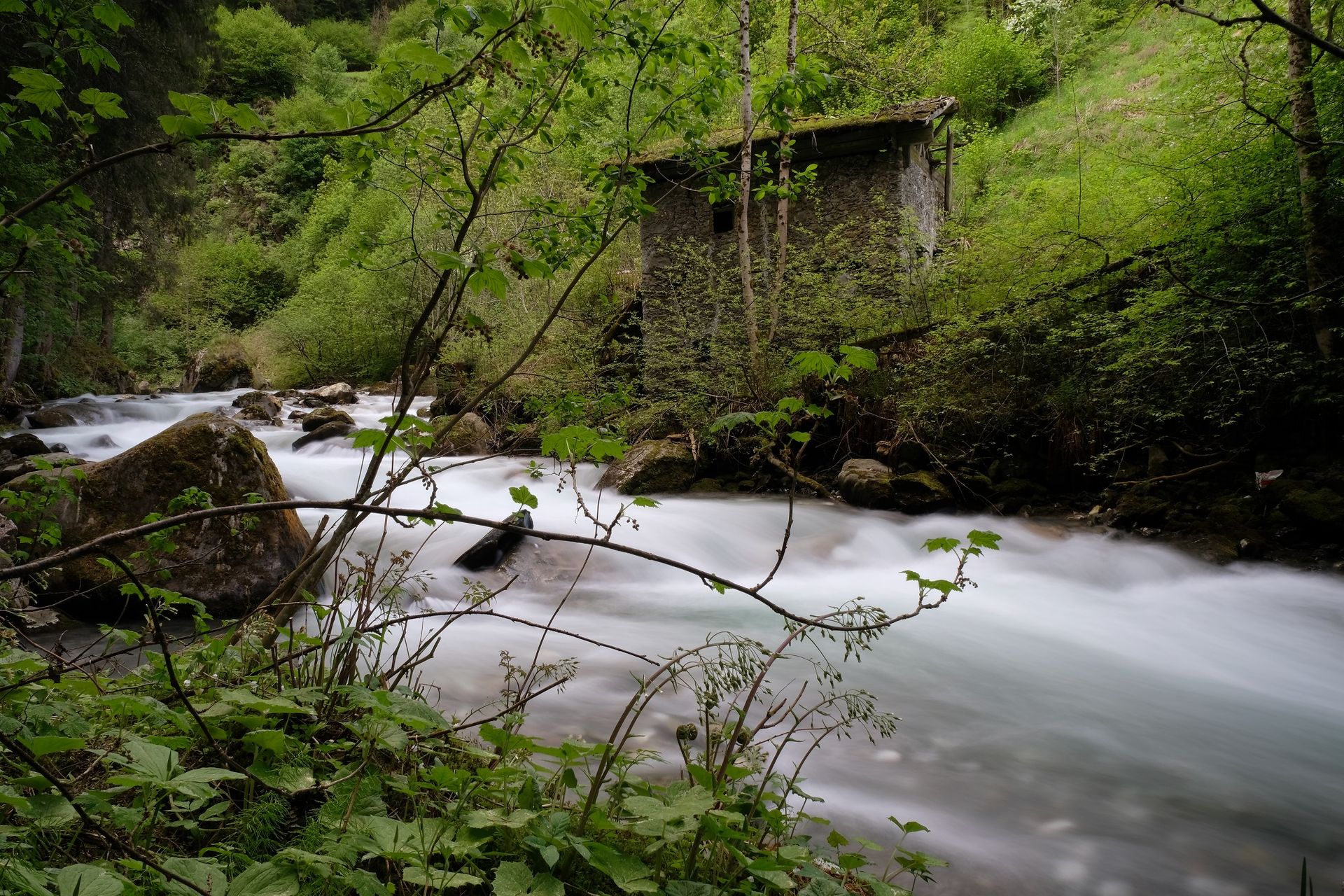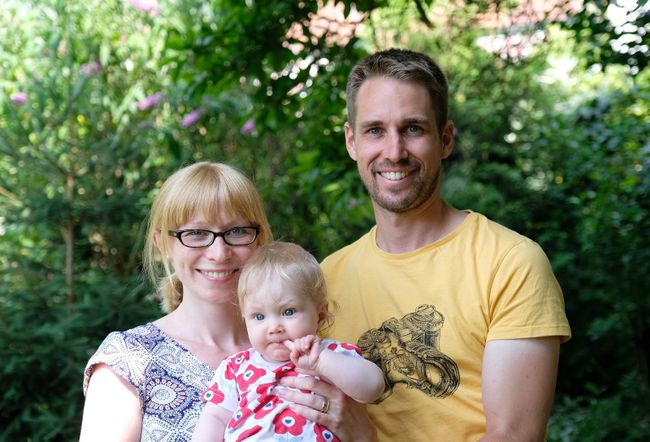Tsum-Tal دىكى شاڭرى-لا؟
ئېلان قىلىندى: 25.12.2018
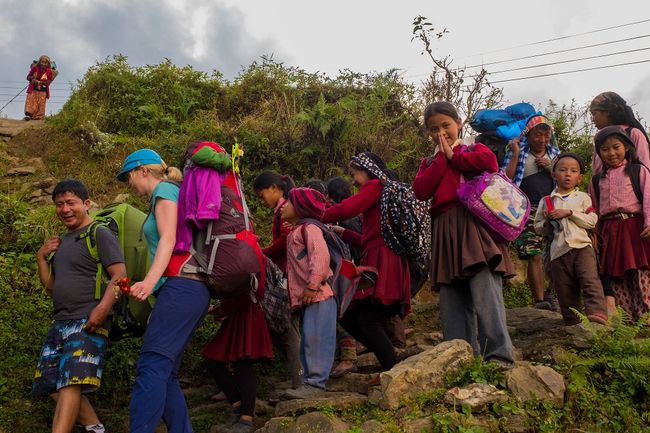
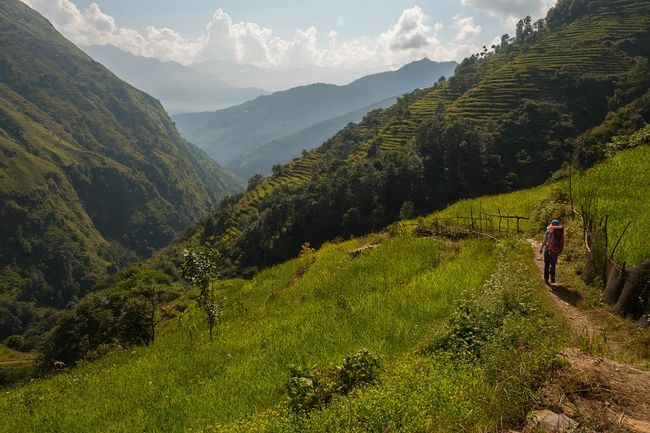
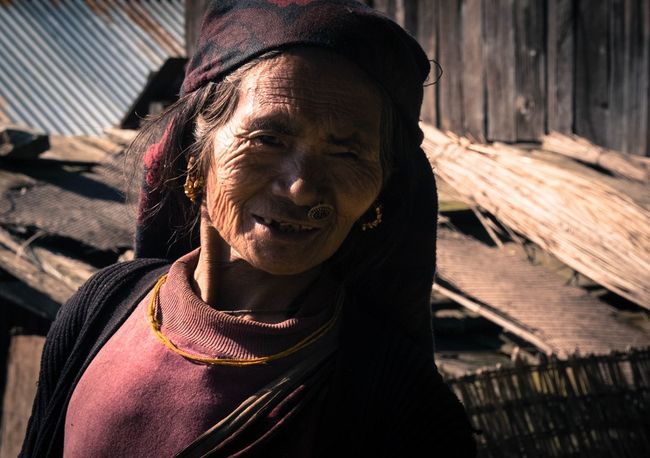
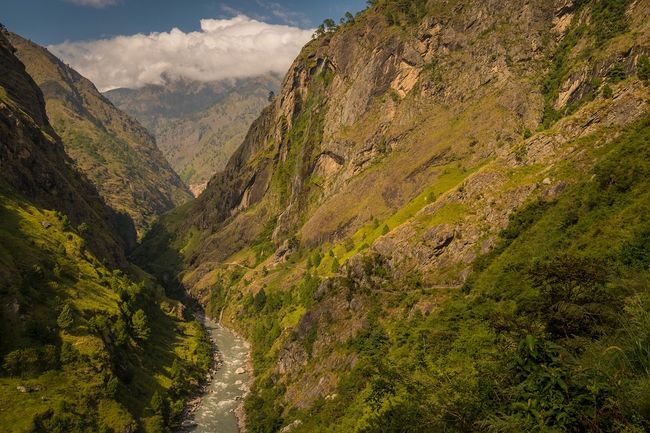
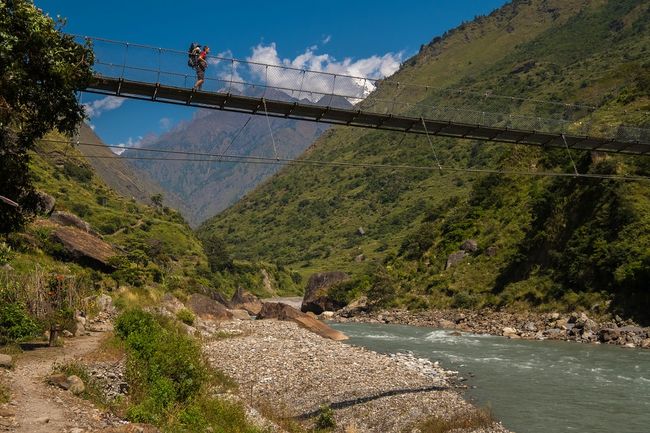
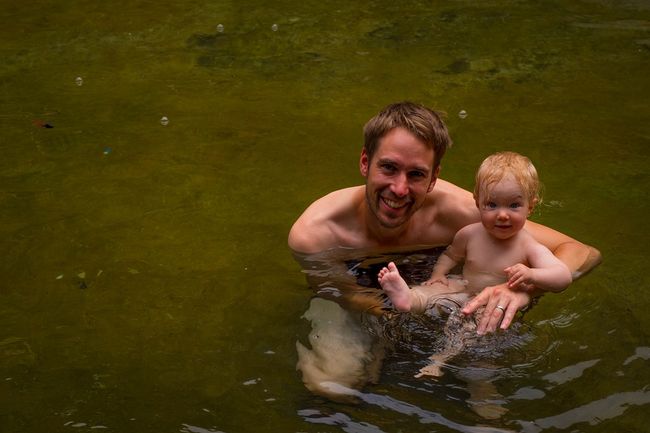
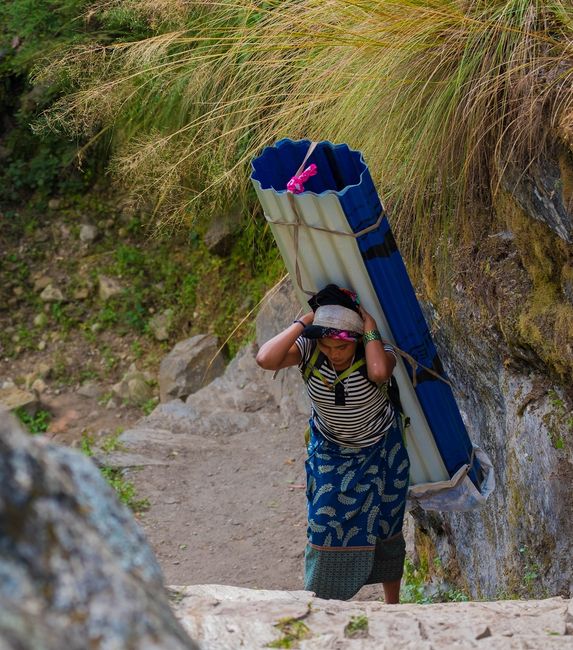
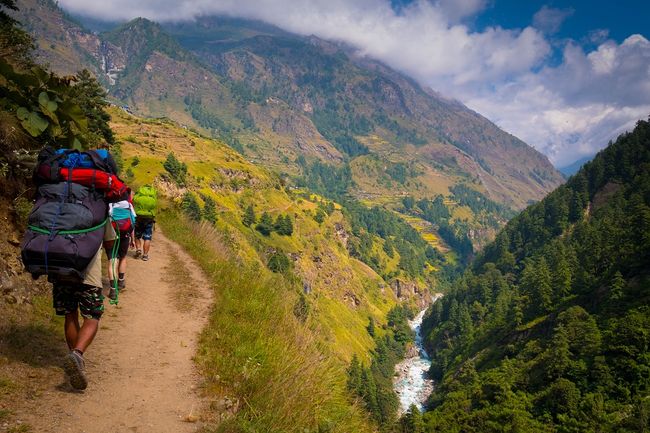
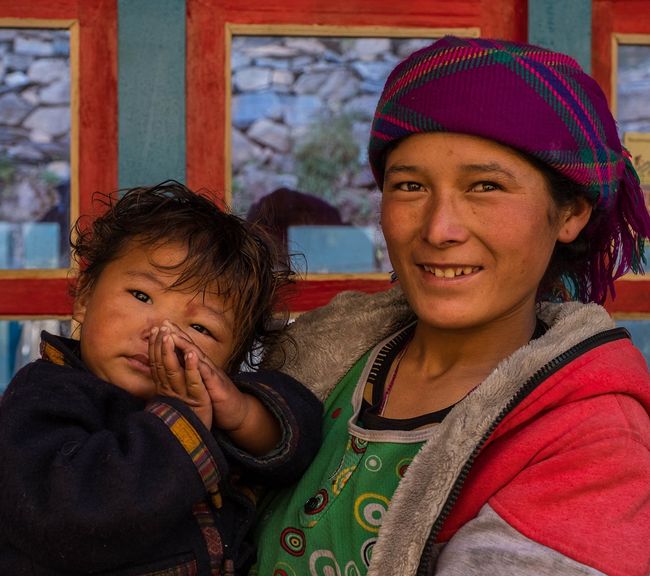
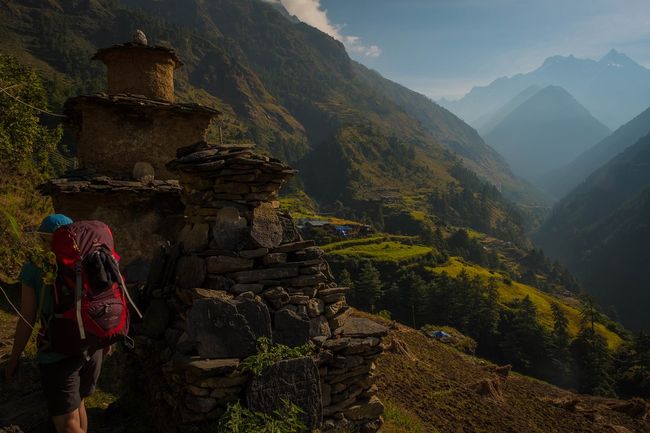
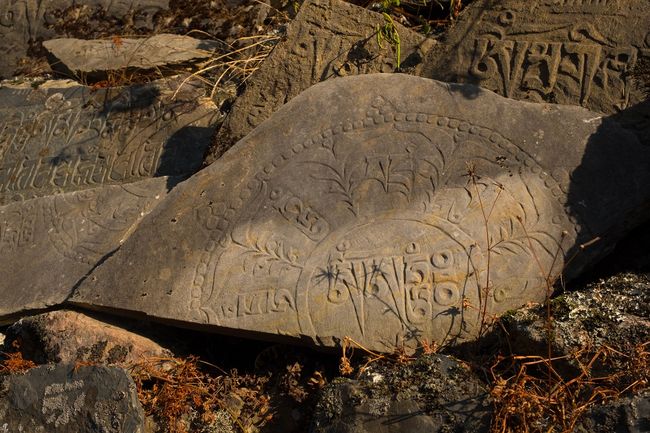
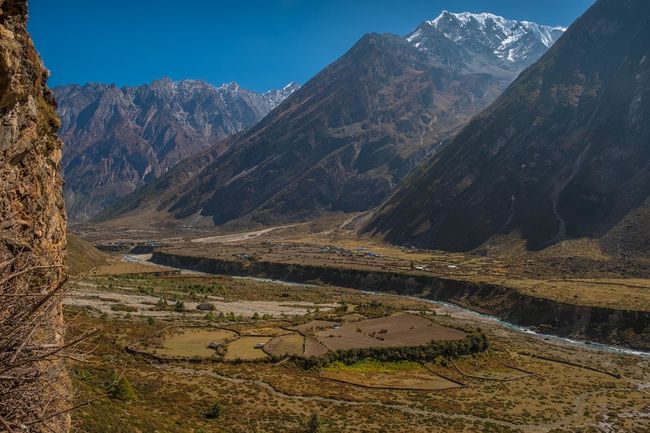
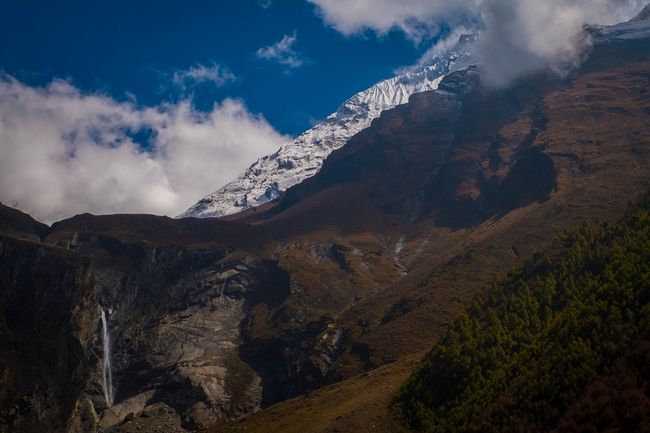
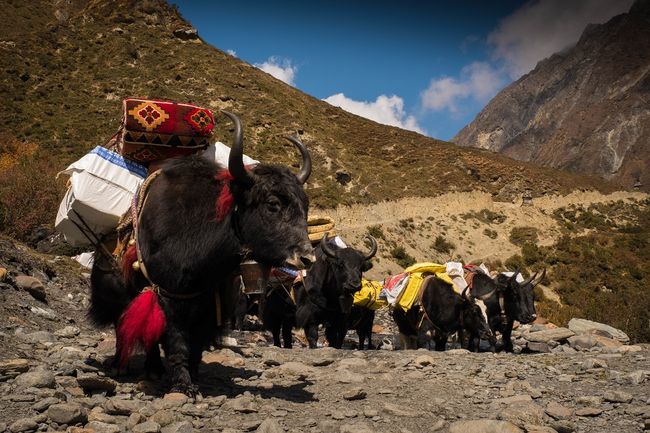
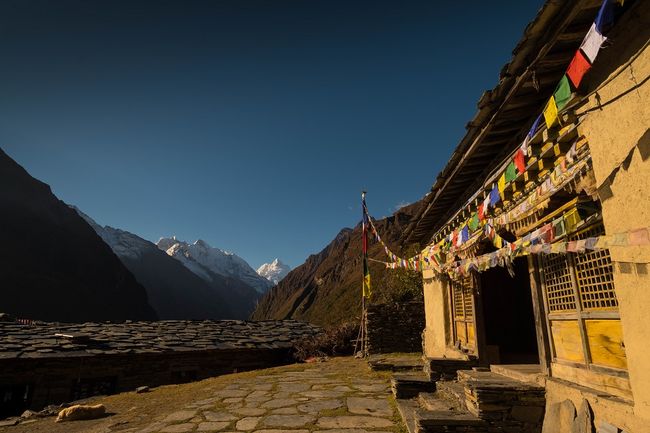
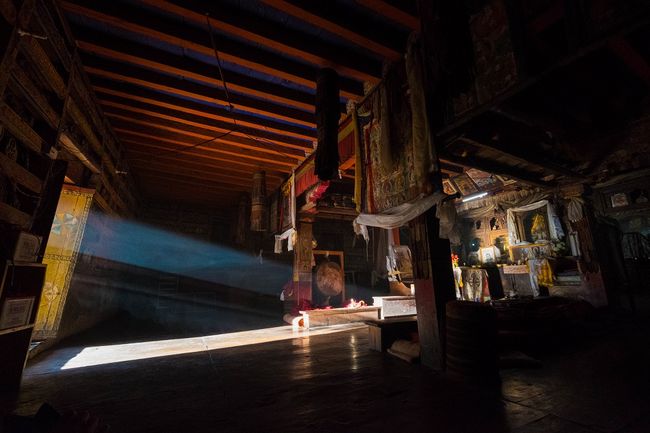
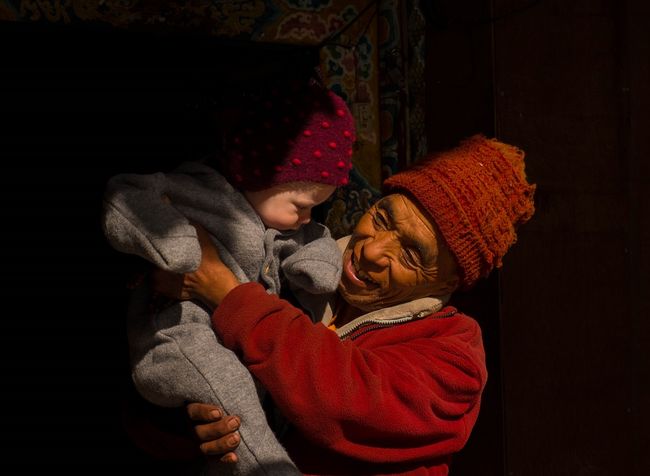

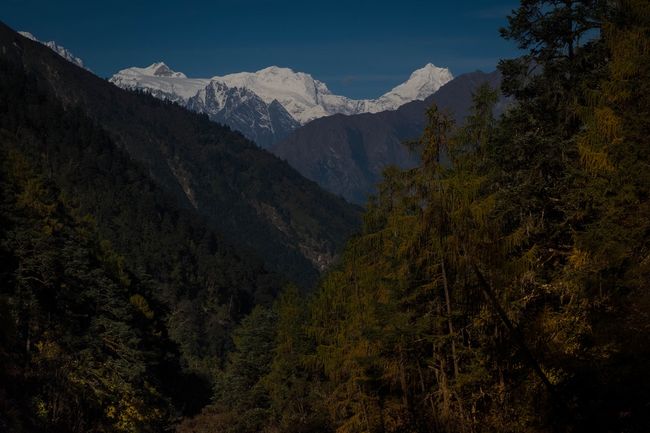
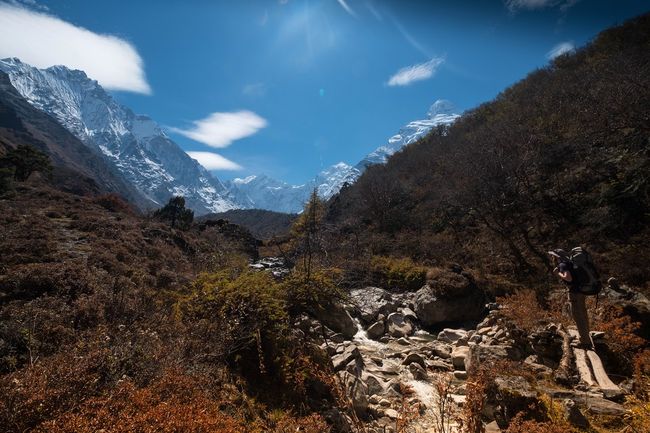
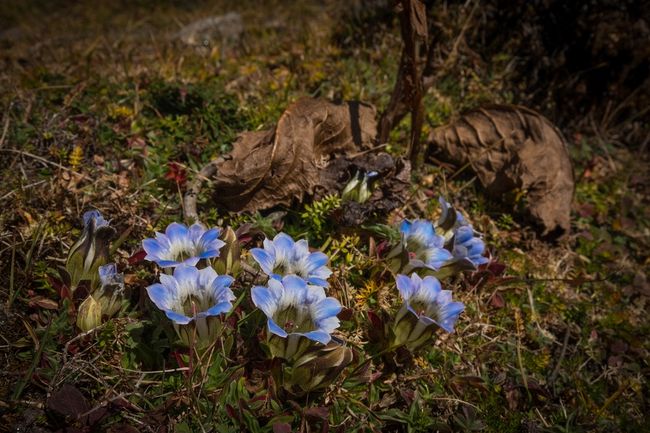
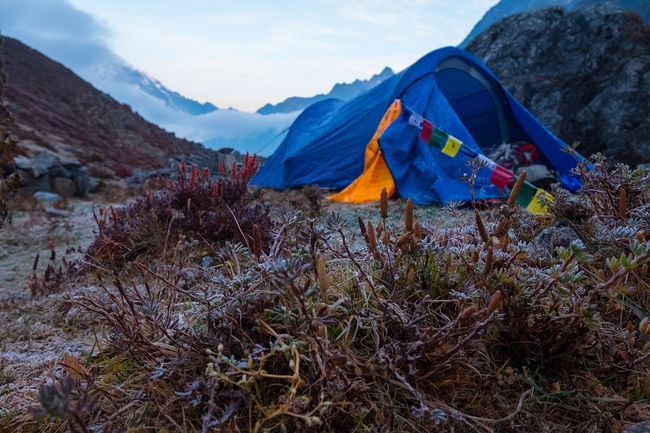
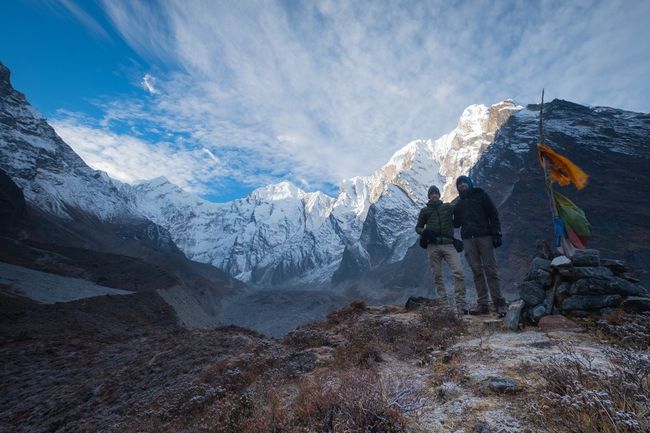
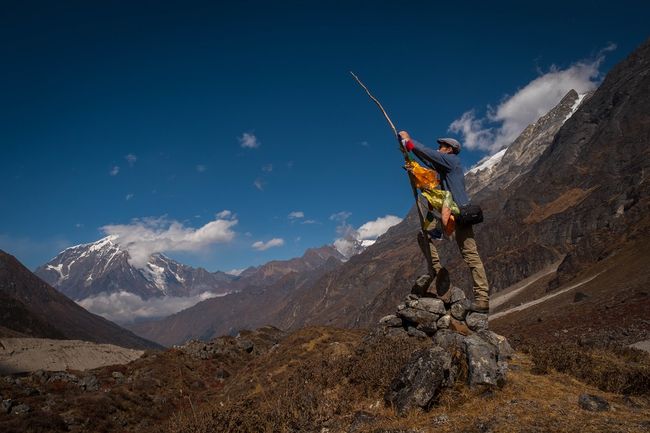
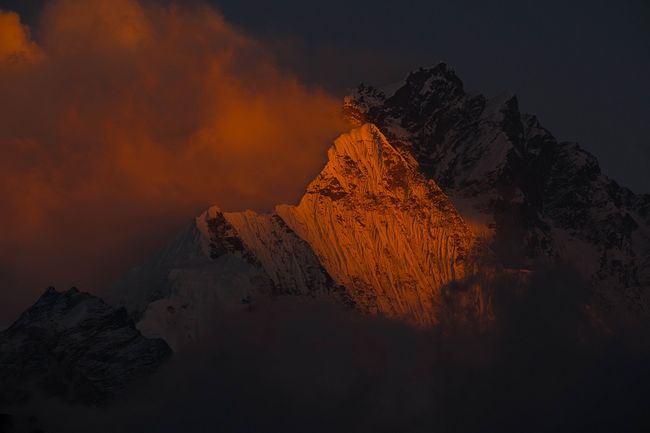
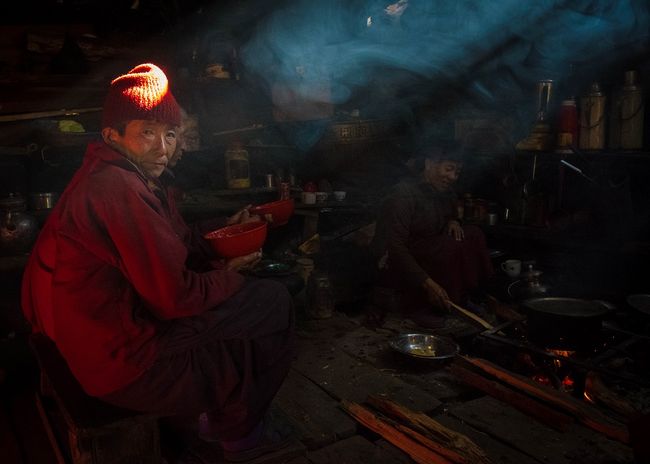
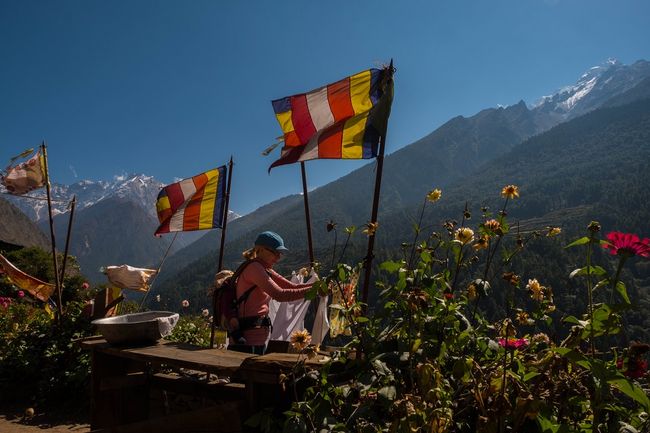
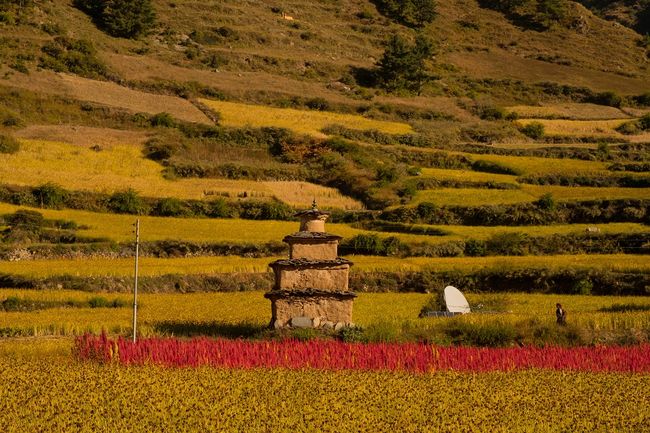
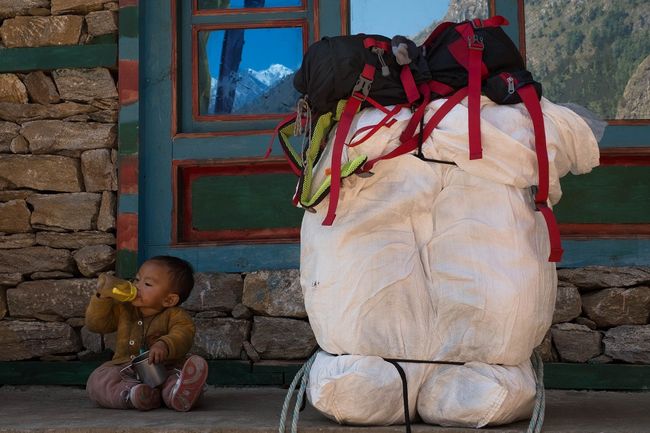
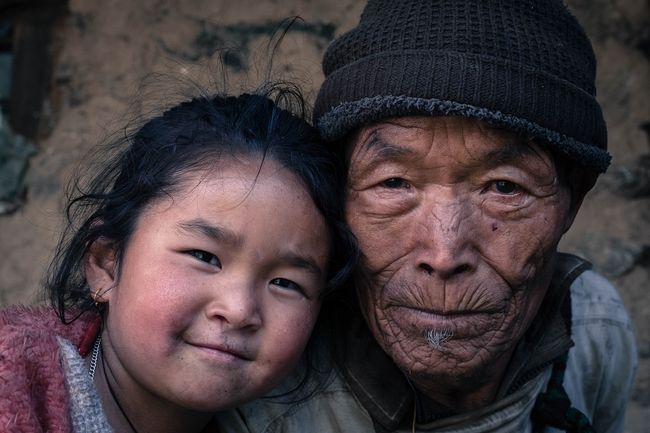
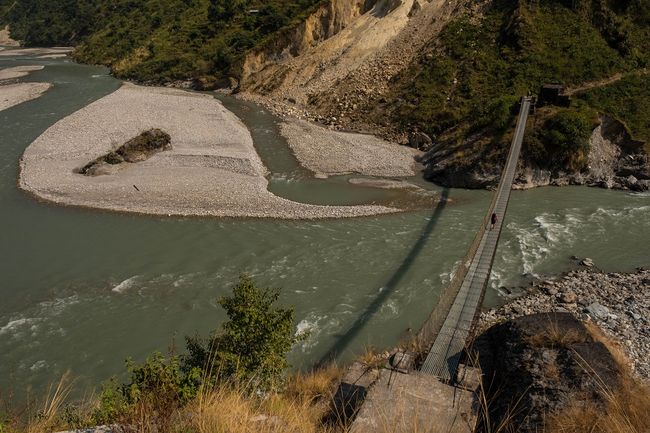
گېزىتلەرگە مۇشتەرى بولۇڭ
The Tsum Valley, located in the central Himalayas approximately 120 km northwest of Kathmandu and bordering Tibet, is known as the "hidden valley" due to its secluded location among the 7,000 and 8,000 meter peaks that surround it. The valley was settled by people from Tibet several centuries ago and has remained largely untouched by modern development from Nepal, India, or neighboring China. The residents of the valley lead a mostly self-sufficient lifestyle, following Tibetan Buddhism and adhering to a commitment of non-violence towards both humans and animals.
The term "Shangri-La" describes a fictional place of peace and harmony in Tibetan mythology. It is often associated with the Tsum Valley due to the peaceful and traditional way of life of its inhabitants.
This, along with its location amidst the imposing mountains of the Himalayas, seemed very enticing. The valley has been open to tourists since 2011, but a special permit is still required to enter and visitors must be accompanied by a certified guide. Due to the absence of high mountain passes, we were able to explore this legendary valley with Antonia.



In Nepal, distances as the crow flies are relatively short by modern standards. This is advantageous in the event of a necessary helicopter rescue. However, on the ground, even a few kilometers of difficult terrain can mean a long, strenuous, and sometimes nerve-wracking journey. But it is precisely this difficult accessibility that leads to the desired deceleration and focus on the local events.
One day on a bus along winding roads, one day in a 4x4 on rough tracks, and a week on foot up the narrow valley of the Buri Gandaki river. It is only when you reach the entrance to the Tsum Valley and realize what seclusion truly means that you have arrived in Nepal mentally as well. Despite the lack of road access, the Tsum Valley is now connected to the rest of the world through the internet. However, this expensive luxury is currently reserved for lodge owners and hikers who can afford it.




The question remains whether we were able to show Antonia paradise before her first birthday. In many ways, and from our romantic point of view, this is true. Open-hearted people leading a climate-neutral existence in breathtaking scenery. However, it is also the reality that there is only very rudimentary medical care available and not everyone can afford the potentially life-saving helicopter flight. Many people send their children to schools in Kathmandu for a reason - sometimes at a very young age. Money must be earned, and the residents of the Tsum Valley take every opportunity to do so. This comes with negative consequences such as envy and competition. Cheap alcohol from China does not contribute to the mental and physical well-being of the people either. We met a family that had adopted a young girl after her mother was murdered due to a family feud.




Tibetan inscriptions adorn the stones on chortens.




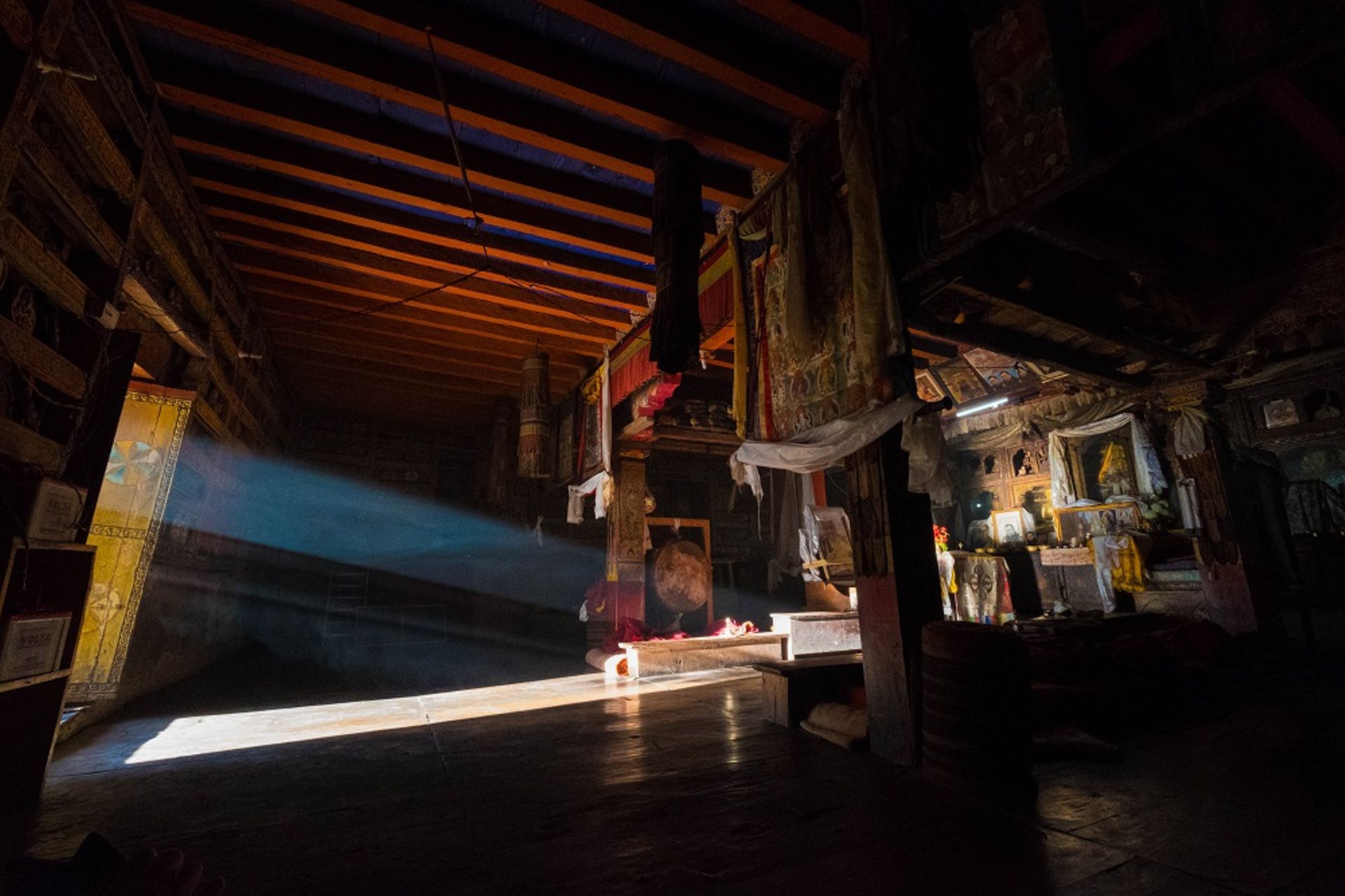


Despite all of these unromantic realities, we had a paradise-like time in the Tsum Valley - for ourselves, and only we can judge that. Exploring this original and beautiful region as a young family, accompanied by a good friend, was a fantastic experience. Staying overnight in monasteries and observing the morning prayers of the nuns or monks was deeply impressive. The earthly comfort of the newly built accommodations also played a significant role in making us feel at ease. Nowhere is this more evident than in a region where living conditions can quickly and vehemently take their toll. And yes, only vegetarian meals are served. Except for dishes with tuna, which, packaged in cans, have traveled as long a distance as we have. The lodge owners meet the demand from us guests in a morally acceptable manner. To what extent this is in line with the conditions and habits of the special place we want to find here, everyone must decide for themselves. And thus, also the influence we leave behind in this remote valley.
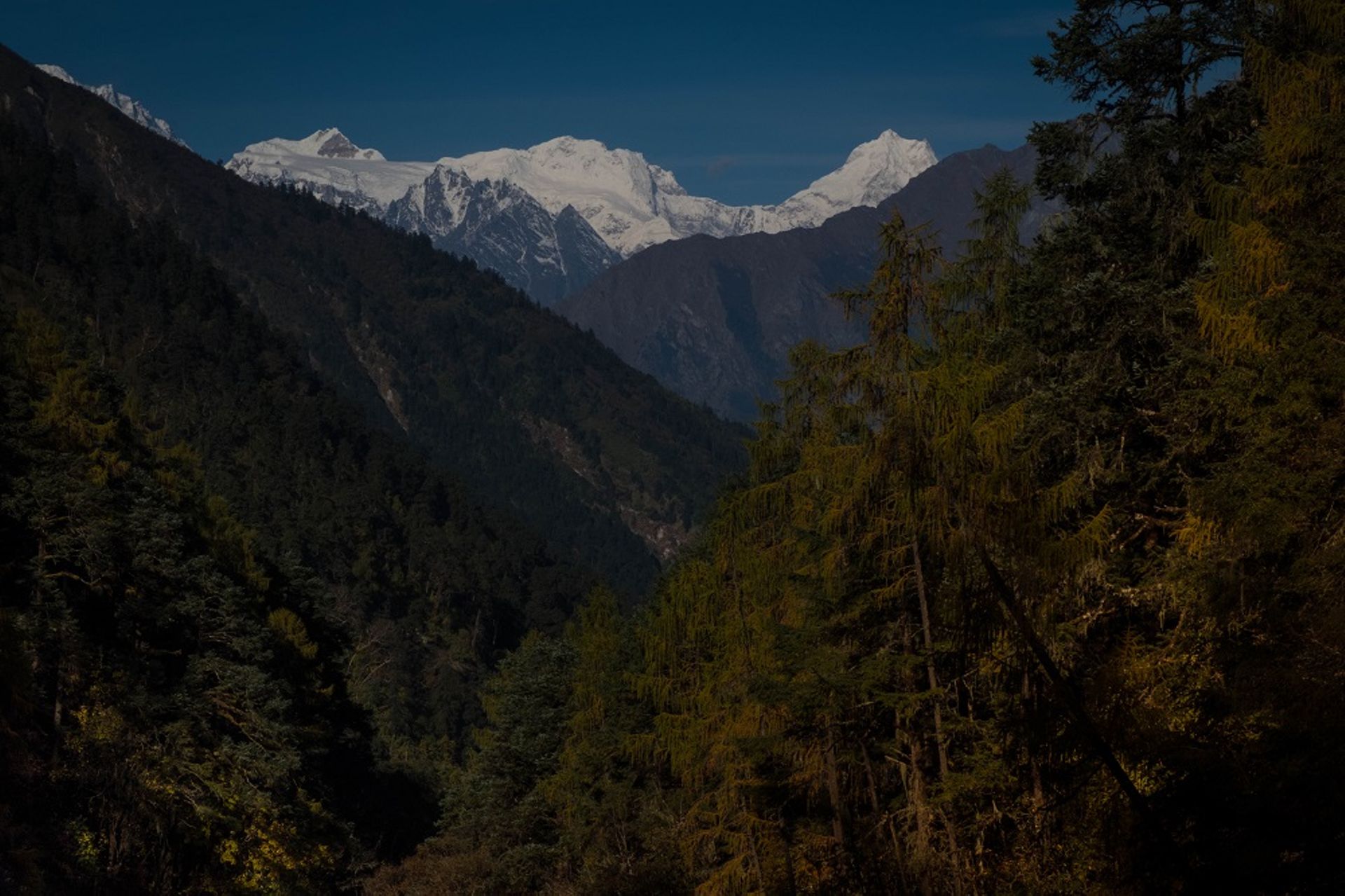








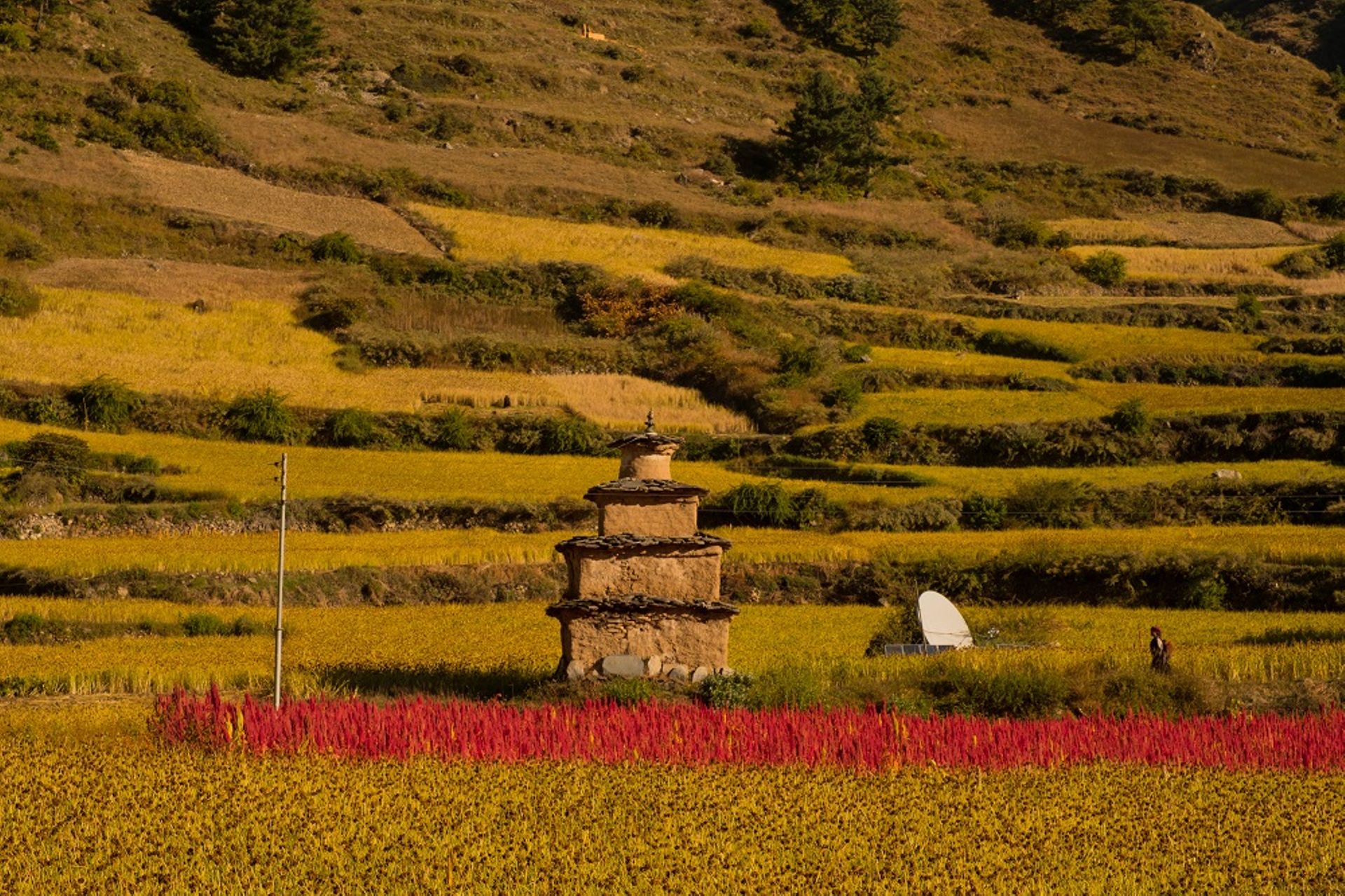


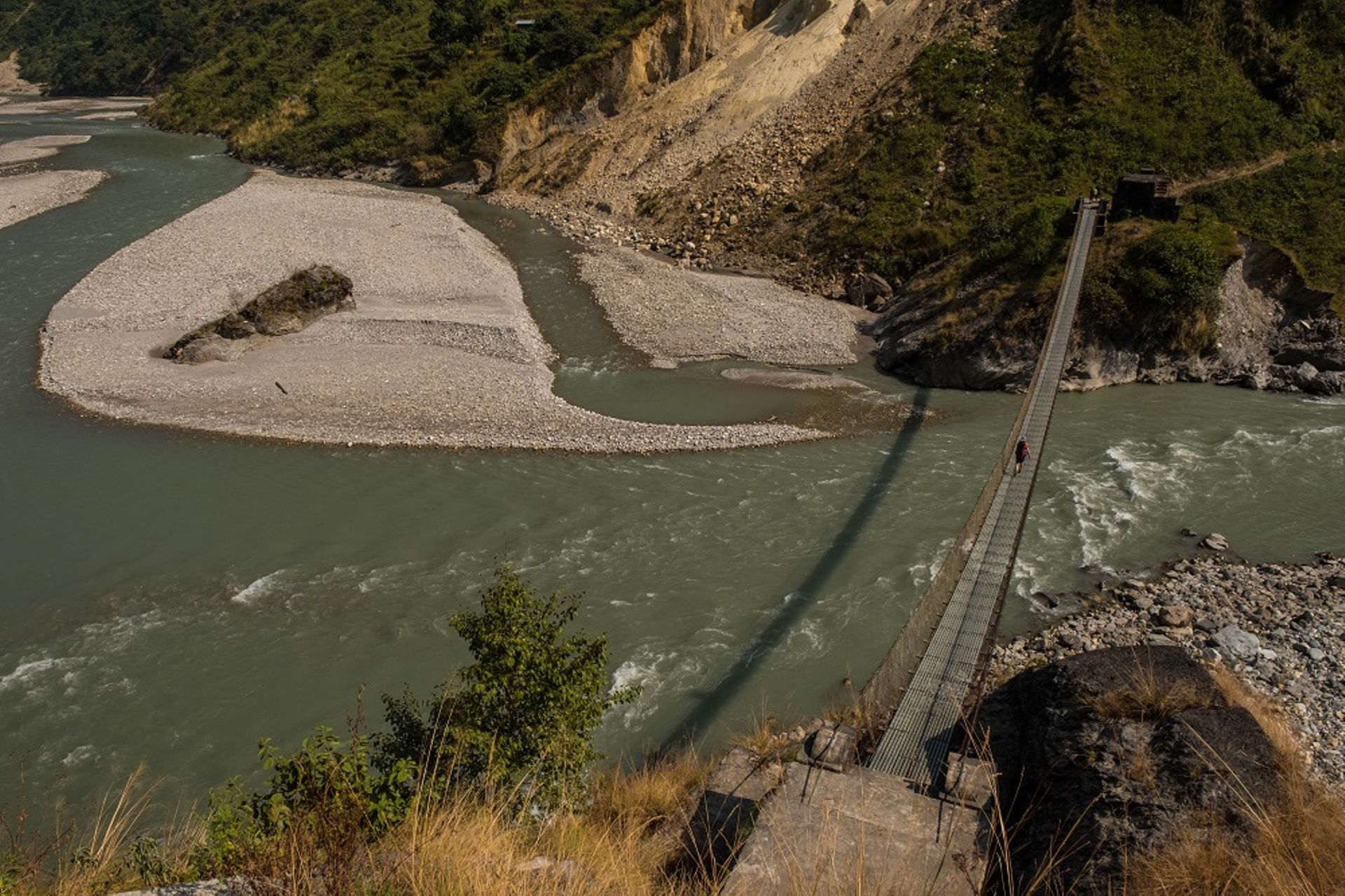
گېزىتلەرگە مۇشتەرى بولۇڭ
جاۋاب
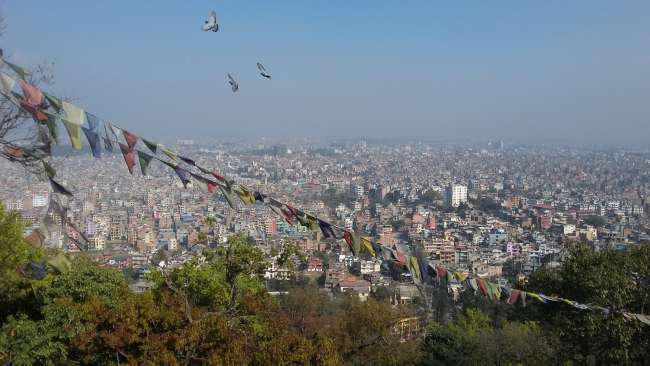
ساياھەت دوكلاتى Nepal
